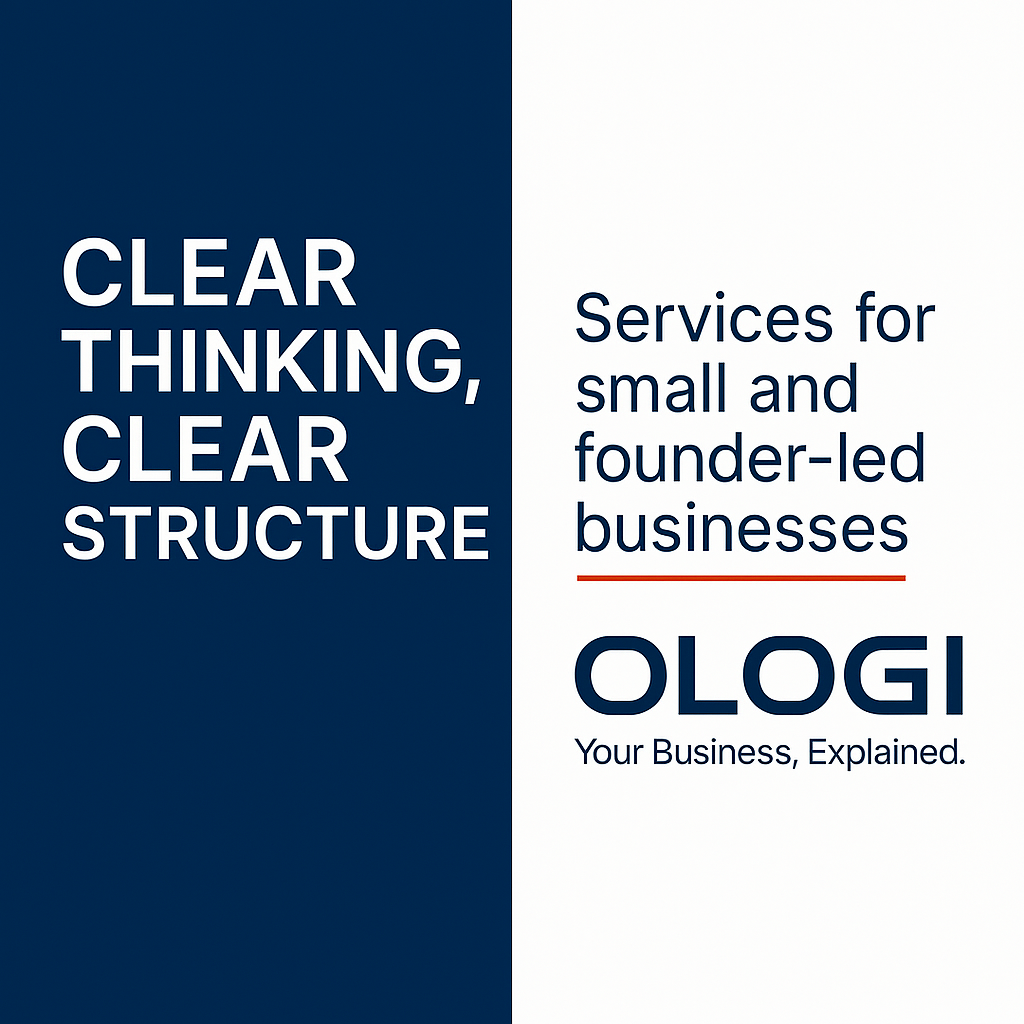Back in 2022, a Boston Consultancy Group (BCG) report estimated that the total value of illiquid real-world assets, or RWAs, would spike to $16 Trillion by 2030, or 10% of the total global economy. This includes real estate, land, fine art, commodities, public infrastructure, computing infrastructure, and private equity, etc. Real estate, in particular, is quite notorious for its illiquidity due to many factors, key of them – the lack of public markets for commercial real estate funds, the complexity of transactions and valuation, and the demand for huge capital investment.
Notwithstanding the inability to fractionalize real estate, lack of or slow transfer of information to retail/high net-worth individual investors, restrictions to elite cliques, regulatory hurdles, complex user journeys for obtaining access (e.g. KYC and payment setups for the public market) and the lack of existing technologies to unlock the liquidity have all contributed to the never-ending problem of liquidity in RWA sectors.
Traditional fractionalization of RWAs has helped unlock part of the liquidity but only in public markets, which are already fairly efficient and high-tech. Private markets, on the other hand, have lagged – are slow, opaque, and have high overheads – which locks initial capital opportunities for the majority of investors. Despite real estate benefiting from REITs (Real Estate Investment Trusts), the unlocking of illiquid capital remains suboptimal and expensive for most customers.
Luckily, the advent of tokenization via blockchain technology is gradually shaping RWAs and unlocking illiquid capital, giving rise to a new way to fractionalize assets and sell them directly to the public. In the next sections, we focus on the rise of the tokenization of RWAs, the importance of blockchain technology in unlocking illiquid capital, and touch on Blocksquare, a Slovenian company that is revolutionizing the real estate marketplace for the ordinary investor.
The Rise of Tokenization in RWA Marketplaces
The tokenization of RWAs is quickly gaining attention across the world with the prominence and global adoption rates of blockchain technology. Similar to mainstream technologies such as the internet, smartphones, and several financial tools, which started slow and witnessed rapid adoption, tokenization – especially in real estate – is expected to follow a similar path by the end of the decade.
Real-world asset tokenization, specifically real estate tokenization, involves issuing digital tokens on a blockchain representing ownership in real estate, whether land or buildings. In the past few years, several banks, financial institutions and large companies have dipped their toes in the tokenization game, making RWAs easier for their investors to buy.
At the forefront of this revolution is JP Morgan, which launched the Tokenized Collateral Network (TCN) in 2023, leveraging blockchain technology to transform RWAs into digital…
Read More: How Blockchain is Transforming Real Estate Through Tokenization




